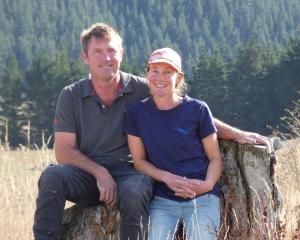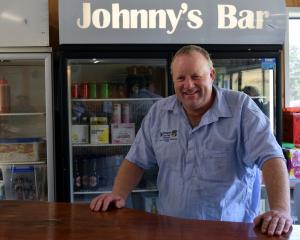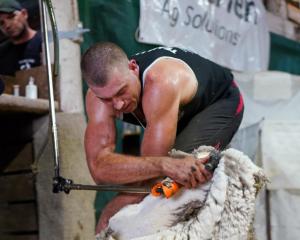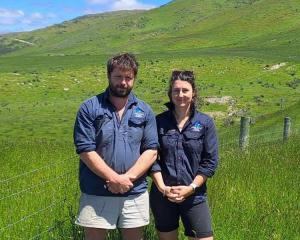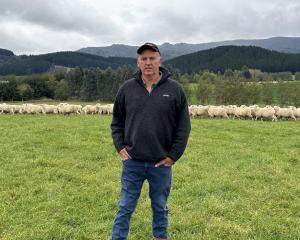Stress levels experienced by farmers affected by Mycopasma bovis are untenable, Mid Canterbury Rural Support Trust welfare co-ordinator Angela Cushnie says.
The trust hosted a networking workshop in Ashburton this month for farmers affected by the Mycoplasma bovis phased eradication process.
About 65 people attended. Mrs Cushnie said it was about letting those affected - whether in the midst of it, under movement restrictions, or at restocking stage - know there were others out there dealing with it too.
''For a lot of the farmers going through the phased eradication process, helping other farmers is cathartic for them.
''And unless you are directly involved, it's a very hard situation to wrap your head around. There's no opportunity to escape from farming life.''
Mrs Cushnie said the workshop got farmers to discuss the challenges they had faced and possible solutions. If it worked for one farmer, it might work for others.
The information would be collated and given to the Ministry for Primary Industries (MPI), Federated Farmers, DairyNZ and Beef + Lamb New Zealand.
Mrs Cushnie said there were no surprises with the types of issues where farmers were struggling.
''There was a lot of discussion on communication,'' she said, and waiting times for information were taking their toll on farmers' welfare.
''Some of the stress levels, in my opinion, are untenable.
''We are working really hard with MPI to avoid (stress) happening.''
An extra workshop was planned by the ministry, which was due in Ashburton on November 8 and 9. It was also seeking feedback from M. bovis-affected farmers.
It said it had listened to calls from farmers to be more involved in aspects of the disease response. Farmer workshops in Wellington in August and September produced ''invaluable'' first-hand feedback from farmers that had already been used to implement changes.
Other workshops would be held next month in Oamaru, Invercargill, and Hamilton.
''All farms under restrictions for M. bovis will be invited to attend. We will also be inviting 150 farms that are undergoing active surveillance.''
Meanwhile, the number of farms that have had their ''Infected Property'' (IP) status lifted (41) was greater than those still under quarantine (34).
''We will likely find more new IPs in the future, but the current numbers are encouraging.''
An Otago dairy farm was added to the infected list in mid-October. It was connected to previously-known infected farms through animal movements.
A survey of about 200 calf-rearing properties across New Zealand has begun.
''Our current belief is that it is not widespread, but we need to be able to prove this to aid our decision-making.
''The survey will assist in that, and there has been [a] generally positive uptake by farmers we've contacted to date.''
The ministry's six-round spring bulk milk testing programme has moved into round five for most New Zealand farms. It had detected three infected properties so far. Full results were due in early December.
Need help?
Healthline 0800 611 116
Lifeline Aotearoa 0800 543 354
Suicide Crisis Helpline: 0508 828 865 (0508 TAUTOKO)
Samaritans 0800 726 666
Alcohol Drug Helpline 0800 787 797
General mental health inquiries: 0800 44 33 66
The Depression Helpline 0800 111 757
-Additionally reported by Sally Brooker




